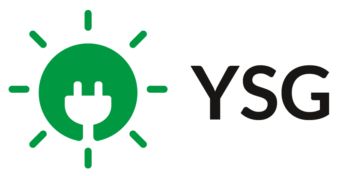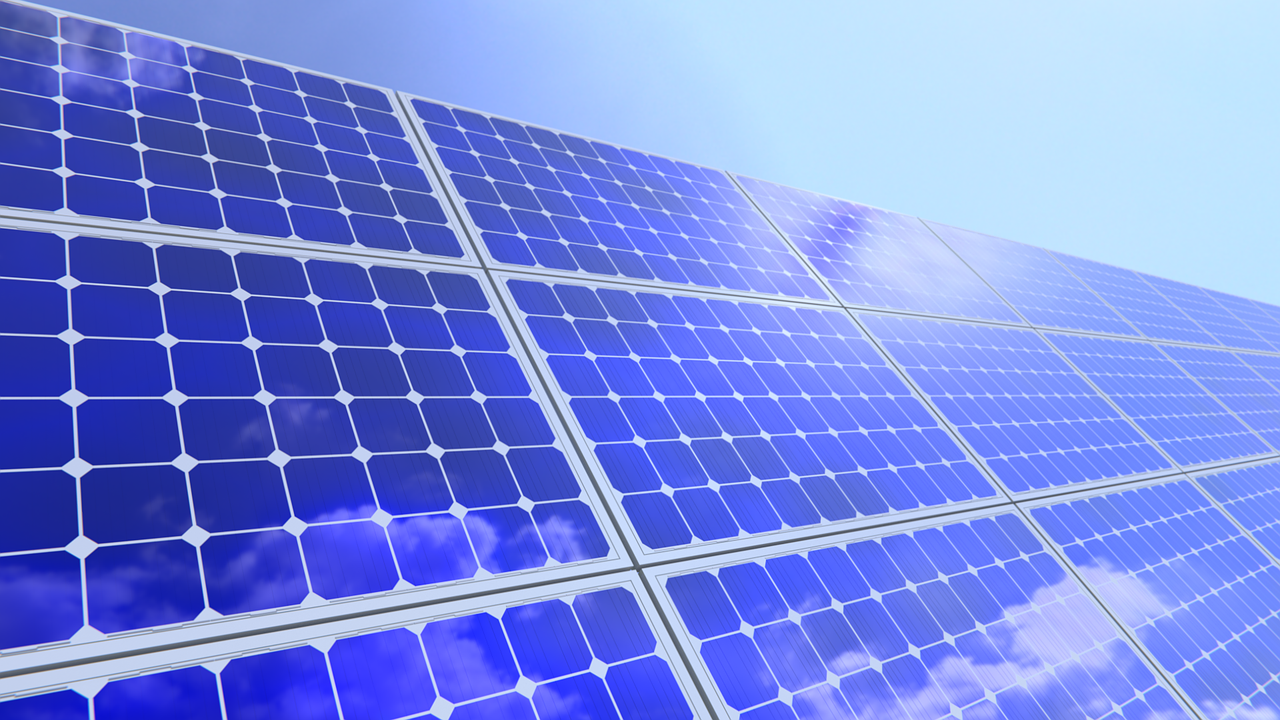The welcome spread of solar energy and the increase in solar panel installations over the past decade or so has led to new solar installers popping up everywhere. This is great news for the renewable revolution, with the world embracing solar power as the way forward. However, this influx of new solar installers also means more decision-making for the potential solar consumer. With so many solar companies on the market, how do you know which solar installer is right for you?
Below, we’ve outlined some of the key points to consider when selecting a solar panel installer, so read on and you’ll be well-equipped to make the right call to go solar and start saving money.
The Installer
Recommendations & Reviews
There’s nothing quite like a personal recommendation — who do you trust more than your friends and family? If you know somebody with a solar panel installation, then they should be your first port of call. Ask about their experience with their solar company, what they would do differently, how they are getting on with their solar panels, etc. Failing this, online resources like Yelp or Better Business Bureau — there are countless review sites — will offer an insight into any potential solar installer.
Local
Opting for a local solar installer can be a smart move. Small, locally-owned businesses offer the kind of personal touch that big solar installers can’t bring to the table, and it’s been found that small/mid-sized solar companies often wind up slightly cheaper than their larger counterparts as well. Go local for savings and peace of mind.
Qualifications
Any worthwhile solar panel installer will be properly accredited and qualified to do the work necessary for a solar installation. Keep an eye out for NABCEP (North American Board of Certified Energy Practitioners) certification, this is the gold standard for solar companies in the United States. NABCEP certifications ensures proven expertise and experience in the solar business.
Subcontractors
Some solar businesses only use their own contractors, others use subcontractors almost exclusively, and many use a mix of both. No approach is inherently better than any other, and the use of subcontractors isn’t necessarily bad by any means whatsoever. If the company does use subcontractors, just be sure to find out which aspects of the solar installation will be handled by a subcontractor and what effect this could have on the finished solar panel array.
The Project
Warranty
A solar panel installation is a long-term investment and, thankfully, reputable solar companies will offer a lengthy warranty for the project — most solar warranties clock in at around 25 years. Be mindful though, there are a number of warranties involved in a solar project. Be sure to inquire about a warranty for labor, and also about the equipment manufacturer’s warranty for their technology.
Equipment
Solar equipment is manufactured by a number of different companies including the likes of LG, Panasonic and SunPower. Different equipment will have different qualities, so if you’ve been doing a bit of research and you have your eye on a specific piece of technology, ask your solar installer if they work with your preferred equipment. If you’re new to the world of solar equipment, common criteria for selection include long-term power generation, aesthetics, environmental impact, warranty, and cost. Be careful here, paying less for equipment upfront could mean less satisfactory generation in the long-run.
Finances
Often, solar installers work alongside financing companies to obtain a loan allowing customers to install their panels. If this is the case for you, make sure you understand the payment plan completely — everything from initial fees to tax credits to payment schedule.
Schedule
You’ll want to know when your panels are going to be installed, of course. This can vary depending on the solar installer’s workload so be clear on the schedule for your solar project. This is particularly important coming toward the close of 2019, as you’ll want to ensure that your panels are installed in time to take advantage of the full 30% solar tax credit (ITC) before it begins to step down from next year on.
Savings
For most people, the savings involved in going solar are the main reason for pursuing a solar installation in the first place. With this in mind, many solar companies may offer an estimate of your potential savings from solar. If so, make sure your company uses a copy of your utility bill to put together the most accurate estimate possible for your solar savings. In addition, the company may be able to tell you what percentage of your energy needs will be offset by solar. At this stage, think about your energy needs in the coming years, and not just at the present moment.
The Contract
Clarification
If you’ve reached the contract stage of proceedings, then you’re probably pretty happy with your solar installer. Be careful not to get complacent though, make sure everything initially offered is included in the final contract before signing. Whether this concerns installation timeline, or equipment used, or specific work carried out, you want to make sure the project you agreed to verbally is the same project outlined in the contract.
Timeline
On top of this, if your project is time-sensitive for some reason — the aforementioned ITC for example — you’ll want to look out for this at the contract stage. Be sure that your solar panel installer has agreed to complete your solar project in a timely fashion.
These are just some of the key points to consider when comparing and selecting a solar panel installer. These points will vary in importance depending on your specific needs, but they make a good checklist for most people considering a solar project. Of course, you could save yourself all the time and effort involved in picking the right solar company — just contact YSG Solar today at 212.389.9215 to see if we’re the right fit for you.
By Shane Croghan
Sources:
https://earth911.com/eco-watch/energy/compare-solar-energy-bids-select-installer/

